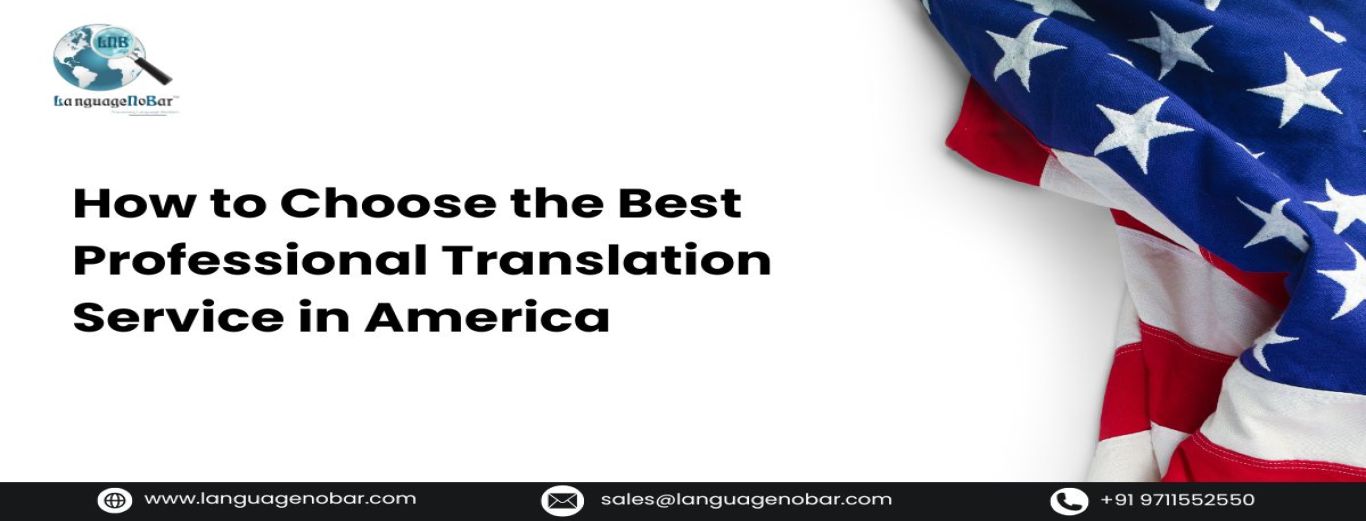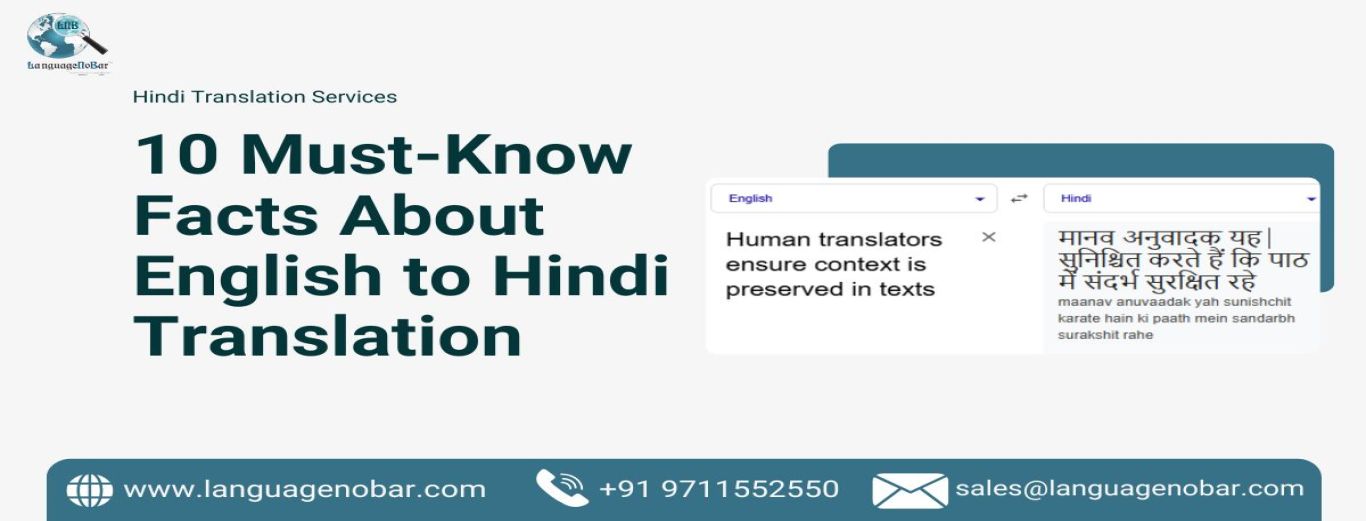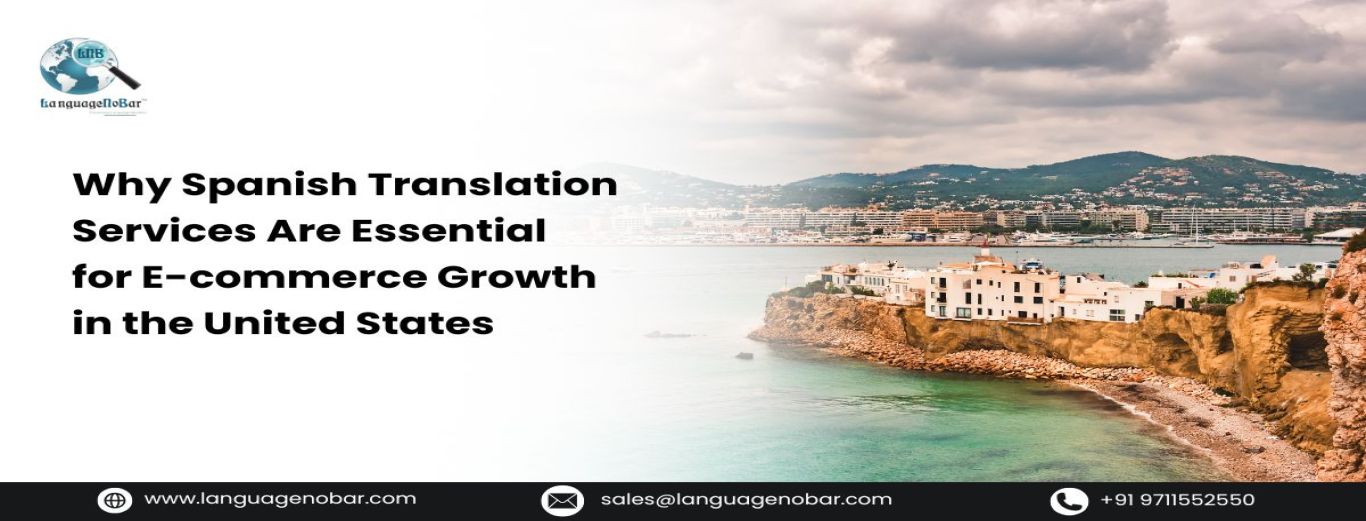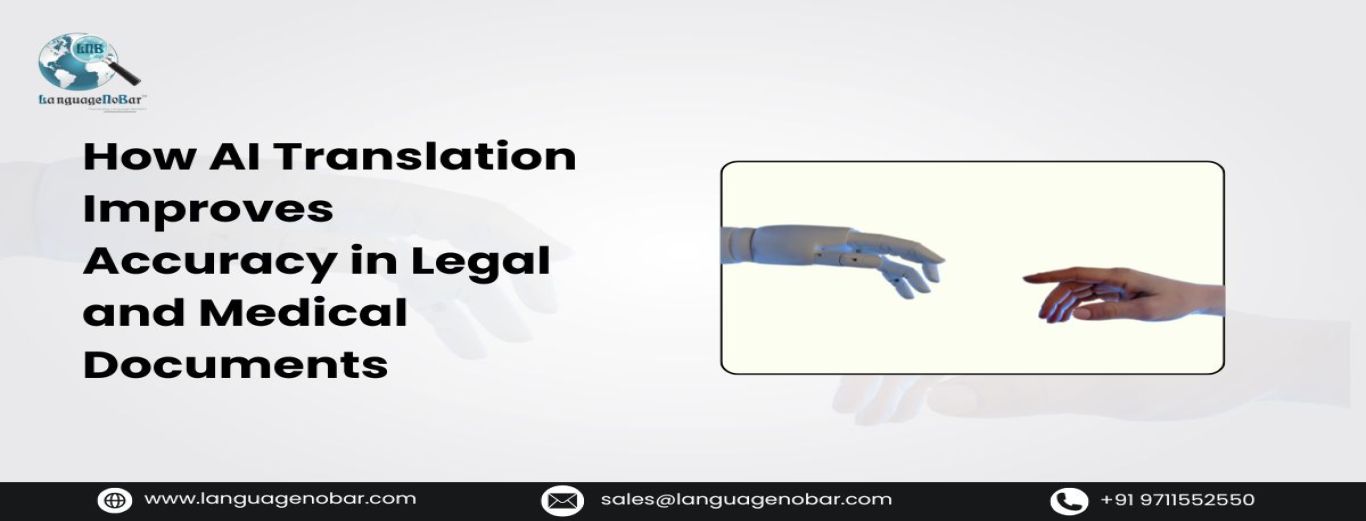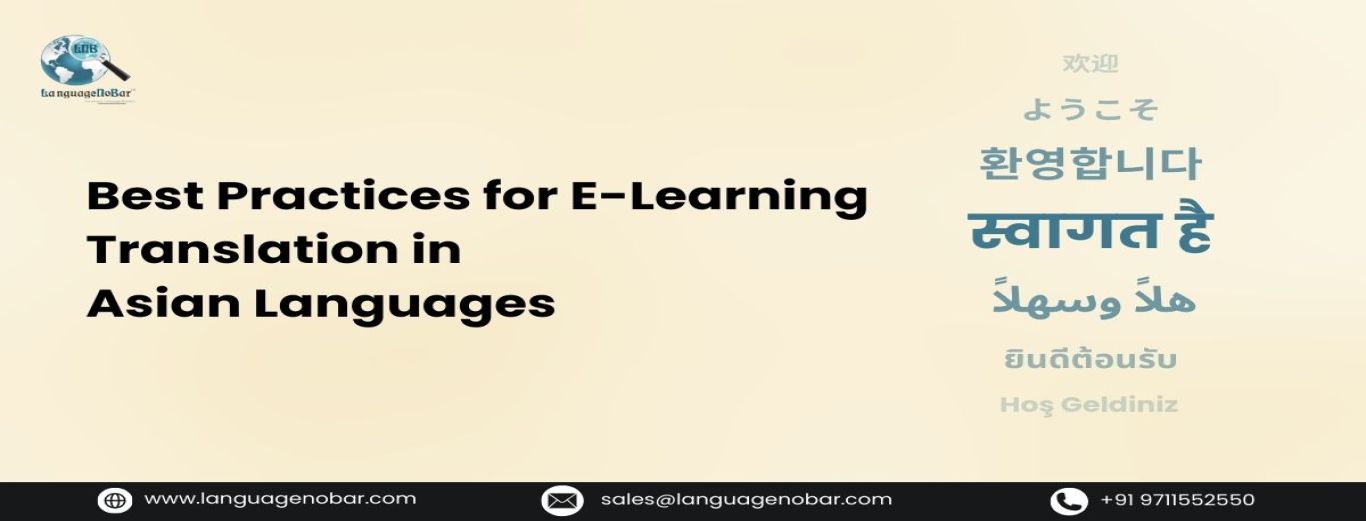How to Choose the Best Professional Translation Service in America
- Blog
- Comments (0)
How to Choose the Best Professional Translation Service in America
The world is shrinking into one tiny global space. Having a professional translation service to make the best out of your business is no longer optional. You cannot scale beyond geographical boundaries without an effective translation of whatever business you are in—goods or services. From ensuring the information translated is accurate to chasing deadlines, a good translation agency or a translator does it all.
What would you like to translate?
Medical translation services
Medical documents such as research documents, trial forms, applications, patents, patient information leaflets, patient transfer forms, manuals, etc. are vital information in saving someone's life. While doctors actively collaborate across borders, language should not cause any barrier to the same.
Software and website localization
All software products and services depend on scaling to generate maximum revenue. To make your user interface really user-friendly, increase sign-ups and traffic, reduce complaints and training expenses, localization is a must. Here localization is not merely word-to-word translation but understanding the context, cultural sensitivity, and exact terms used in common parlance in the target country so as to increase user adoption rates.
Legal and government translation services
Legal involves cross-border litigation and legal proceedings mandated in a certain language. Right from applying for an education or work visa abroad to submitting patents and copyrights in a foreign nation, authorities request you to submit documents in their native language. Since the level of accuracy determines if your application is accepted or not, having a translator with niche expertise is imperative for this.
Image Credit: Statista
What to look for in an ideal translator?
Skills and Specializations
Your ideal translator is a native speaker who has in-depth knowledge in the niche you are looking for. This does not necessarily mean they should have handled complicated translations. Having a knack for the style of writing you are looking for is a rare find. For a streamlined workflow, it is better to find professional translation services that offer a variety of specializations, like technology, manufacturing, and legal.
For legal and technical purposes, always go for translators with advanced certifications like ATA (American Translators Association). They should have the expertise and technical know-how to crack complex terminologies and industrial jargon.
Ask for relatable case studies and testimonials
Most service providers will give you case studies or use cases that align with your needs as per request. This will show how they resolved the query, formulated a solution, what are their offerings, and what volume they can churn with quality. Services that showcase their work are more trustworthy. Check if they are open to long-term relationships with clients for improved consistency and proven expertise.
Do not hesitate to ask for a sample paid pilot to check the perfect business fit. You can assess the provider’s ability to focus on detail and adapt to your specific needs. They can also be asked to adapt to your tone and exhibit their grasp of industrial jargon.
Source: The business research company
Adhering to Timelines
Even if you have the best translator and they do not deliver sensitive documents on time, all the efforts can go down the drain. Ask for a project manager/leader who will track the timing, ensure milestones and achievements, and constantly keep you in the loop. You will need a service that will have multiple translators with similar specialization if your volumes are high to increase reliability. Following an agile workflow where they work in sprints to give you outputs at pre-determined intervals. Agile project management is particularly helpful in global expansion.
They should also be able to provide you with consistent support, especially in ongoing procedures such as medical trials, government filings, and legal requirements.
Check for quality assurance
Professional translation services have multiple levels of writing, editing, proofreading, and review to see if the document produced is of top-notch quality. They will have multiple levels of quality checks. If they are certified with ISO 17100 standards, they adhere to international standards of quality checks.
While using technology in translation is seen with a suspicious eye, especially after the advent of AI, there is no argument that great translation comes from systems. Translation memory tools and grammar and paraphrasing software will make the editing better and provide a better touch to the final draft. They also help in maintaining consistency across detailed documents.
Privacy and Confidentiality
Certified technical translation services always have systems to ensure no confidential information is mishandled to protect your business and clients’ data. Sign non-disclosure agreements for sensitive data such as medical and legal documents. Look for registered services that will have more accountability for your sensitive documents.
Look for encryption and how stringently they comply with data protection laws like HIPAA for medical documents.
Transparency and consistency pricing
Service providers with an account manager who will handle your negotiations and payments will make your life much easier. Try requesting detailed quotes and price ranges. Ask for value-added services like localization and post-translation support. While it is tempting to go with the lowest prices, be mindful of what the long-term costs are. If you compromise quality for minor cost savings, it can impact your business negatively. Always remember that effective translation can open new global avenues and credibility for your business. Trust lost with poor translation cannot be regained easily.
To sum up
Investing in a good translation service has a great ROI. Consider the cost and viability of the services to help you capture a new audience with appropriate cultural sensitivity. Choose a credible partner with experience in your specialization and deep knowledge of the language.

